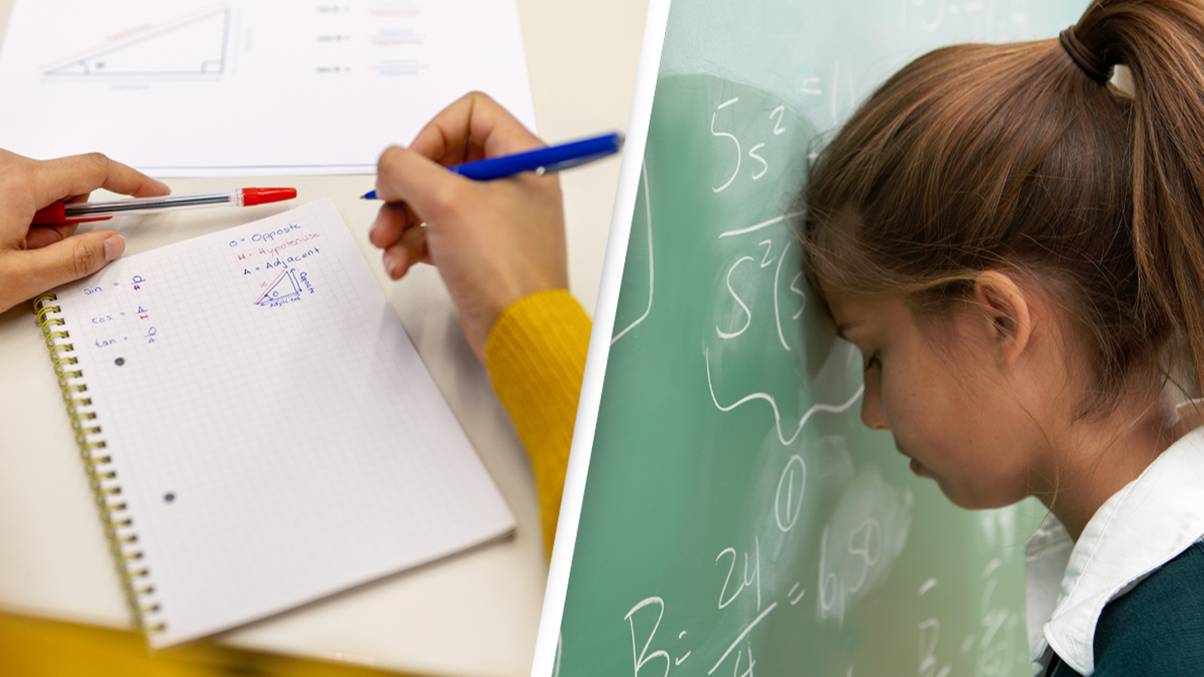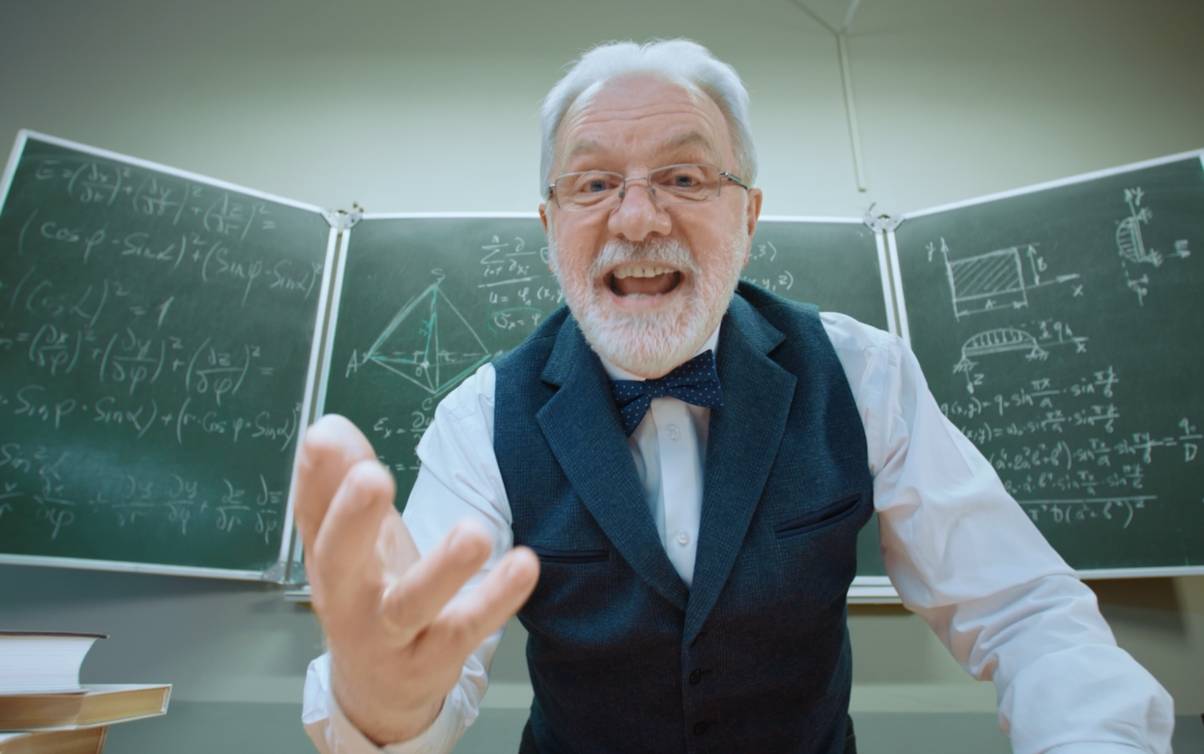
When it comes to math, there are two kinds of people – people who don’t like it and liars.
All jokes aside, many of us can think back to high school and all the classes you really didn’t enjoy. And for many, it seems that lesson that still brings back dreaded memories is math class.
However, a professor has come up with a theory that explains why now, even as adults, many people simply detest math and by extension aren’t particularly good at it.
Viveka Vaughn is an associate professor in the mathematics department at Spelman College, in Georgia, and her research focuses on equity issues in mathematics.
In an article she broke down what she calls ‘math trauma’ and why more people than you would think suffer with it.

What is ‘math trauma’?
In her report, Vaughn begins: “Whenever I inform people of my occupation, they are animated with a look of joy or misery as they remember their feelings for math—and it’s usually the latter.
“They often regale me with stories of negative classroom experiences or encounters, usually involving a teacher embarrassing or ridiculing them in class.”
Vaughn went on to say that these incidents of ridicule and embarrassment result in negative feelings towards math, in many if not all its forms.
This then ties into how well individuals, most notably children, excel in class.
She continued: “For me, math trauma is an event (or a sequence of events) where an educator or another person of authority chooses to embarrass, scorn, or deride students for their mistakes rather than celebrate their courage.
“That math trauma is then triggered whenever they encounter a math problem or math conversation for the duration of their academic years. Even outside of school, they refuse to recognize daily habits such as balancing a checkbook, counting money, or estimating prices as practicing math.”

Now, before you start telling the group chat that the reason you always overspend is that you have some ‘math trauma’, she prefaced the article by saying this was her opinion based on her data and research on the topic.
She also said that Covid helped highlight the issues within the education system that may see different children not get the support they need to excel on certain subjects, like mathematics.
She closed by saying: “Let us not be the reason students feel deterred or traumatized from pursuing math or another STEM subject.
“We must encourage and acknowledge our students’ strengths whenever we can.”